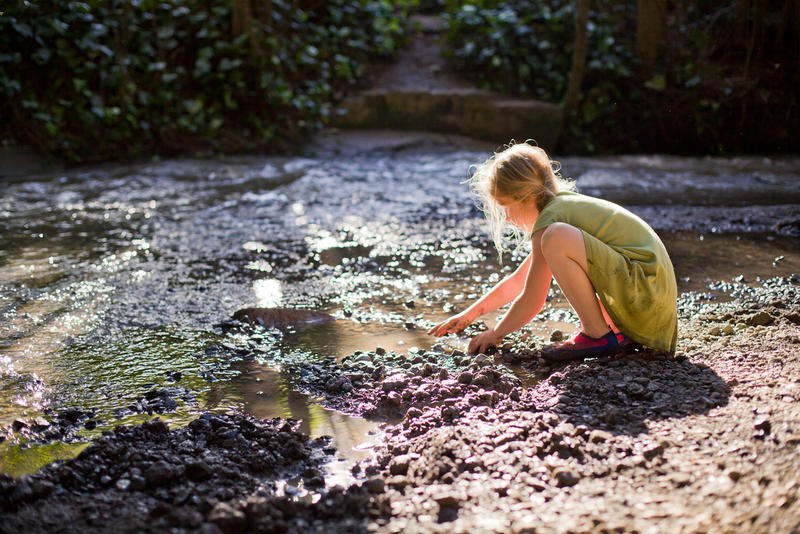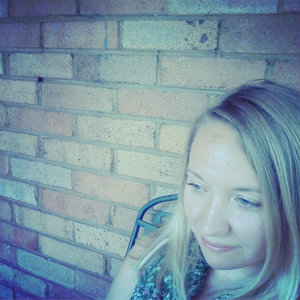While teaching a child at home might seem radical, it's often executed in a fairly traditional style, i.e. desks, a blackboard, and pre-determined lesson plans that follow a state-ordained curriculum.
In recent years, many home-schooling families have become disatisfied with the mere replication of an educational system they know to be broken, and have journeyed further from the norm in search of something better: unschooling.
"Unschooling families don’t seek to replicate the school experience at home, but rather, integrate their children into everyday life while leaving time for self-directed, joyful learning," said Liz Snyder, a single mom and unschooling parent from California. "Kids design their own educations and learn what they want to learn – at their own pace, and on their own initative. The idea is that total self-direction creates an internal sense of motivation and a life-long love of intellectual exploration."
Sounds great, right? The only problem is that while kids might love being in control of their studies, homeschooling and unschooling don't often provide opportunities for socialization with other curious minds.
"Loneliness is a real issue for many homeschooling kids – one that the homeschooling community doesn’t talk about very much," said Snyder.
That's why Snyder is working to organize something fairly new in the world of self-direted learning: an unschooling cooperative that facilitates both open education and socialization.
Dubbed the Wild Child Freeschool, the effort is inspired by what Snyder saw lacking in her own daughter's schooling experience.
"Even though we go outside a lot, I felt we were missing the more immersive, awe-inspiring experience that you only get in really wild places. After reading A.S. Neill’s book, Summerhill – about the famous UK boarding school of the same name where kids spend their younger years exploring the wild, extensive grounds — I thought 'YES! That’s what I want for my daughter,' but without sending her to live 5000 miles away from me.'"
I figured there had to be at least a few other homeschooling families that felt the same way, so I basically put up the Wild Child website. The response was overwhelming."
Using a co-op model, Wild Child allows parents to collectively hire talented outdoor educators act as mentors and guides one or two days a week. Kids get to spend time with their peers and parents get some time to catch up on chores or like Snyder, focus on their own work.
"As a working parent juggling homeschooling and multiple jobs, it’s really apparent to me how desperately stuck some families feel with the school system," said Snyder.
And that's not all a freeschool accomplishes: it's also a way to bridge generations, create jobs, and give individuals who are natural mentors and teachers the opportunity to design and implement their own programs free of coercive standards or bureaucratic machinery.
But wait, does that mean the freeschool isn't, well, free?
"Asking parents to pay was something I wrestled with when first conceptualizing Wild Child," said Snyder. "Here in Silicon Valley, the single-income household is exceptionally rare. Many homeschool parents are like me – juggling working and homeschooling in order to afford living here. I realized that by charging for the Wild Child nature program, we’d be able to give parents a block of time in which to stack their workloads, AND hire a really kick-ass outdoor guide."
Of course, an outdoor-themed cooperative like Wild Child is just one way homeschoolers and unschooling families can work together to create a shared learning experience. Different communities will bring other talents and interests to the table.
Most importantly, a freeschool should focus on building community and creating a structure of mutual support between families. "A few times a session, we'll gather as a community to help one of our families green their home or their neighborhood," said Snyder. "Whether it's building a chicken coop, installing a greywater system, pulling out a lawn, installing solar panels, or helping get a new community garden off the ground – we all reap the rewards of shared work and sense of community, and that's the best lesson for our kids."
For those considering a similar cooperative effort in their own community, Snyder offers three bits of advice.
1. Start small! We thought we’d start with one day a week, but went with three because of the tremendous interest. Now that I’m in the thick of launching it, I wish we’d stuck with one or two.
2. Focus on community-building. We’re in a part of the country where most families are really disconnected from one another. The chance to come together with like-minded parents is such a tremendous one.
3. Look at all the different models that are out there, and then look at what’s happening where you live. Starting a freeschool has to be a regional, organic process – it’s finding a need, and filling it.









